James Baldwin, Giovanni’s Room
Love, shame, identity. David, a young American, meets Giovanni in a gay bar in Paris. A spark between them leads to a passionate affair throughout which they both battle with their own sexualities, a sense of isolation, and internal conflict, but most importantly with love. It’s a heart-wrenching story and a tragic tale of the desire to be alive and free.
One of the few books to have left me completely speechless when I finished the last page.
With this fearful intimation, there opened in me a hatred for Giovanni which was as powerful as my love and which was powered by the same roots.
Love him,’ said Jacques, with vehemence, ‘love him and let him love you. Do you think anything else under heaven really matters? And how long, at the best, can it last, since you are both men and still have everywhere to go? Only five minutes, I assure you, only five minutes, and most of that, helas! in the dark. And if you think of them as dirty, then they will be dirty— they will be dirty because you will be giving nothing, you will be despising your flesh and his. But you can make your time together anything but dirty, you can give each other something which will make both of you better—forever—if you will not be ashamed, if you will only not play it safe.’ He paused, watching me, and then looked down to his cognac. ‘You play it safe long enough,’ he said, in a different tone, ‘and you’ll end up trapped in your own dirty body, forever and forever and forever—like me
And with every step I took, it became more impossible for me to turn back. And my mind was empty – or it was as though my mind had become one enormous, anaesthetised wound. I thought only, one day I’ll weep for this. One of these days I’ll start to cry.
The end of innocence is also the end of guilt.
Virginia Woolf, A Room of One’s Own
In one of the most influential pieces of feminist theory, Woolf conducts a polemic about the necessity for women to possess financial and intellectual freedom. She meanders through history, trying to find the reason why women have historically made fewer contributions to art, literature, science, etc. She points out that the two genders do differ inherently, and those differences should be celebrated and should complement each other rather than be subjected to an attempt to equalise them.
And since a novel has thus correspondence to real life, its values are to some extent those of real life. But it is obvious that the values of women differ very often from the values which have been made by the other sex; naturally, it is so. Yet it is the masculine values that prevail. Speaking crudely, football and sport are ‘important’, the worship of fashion, the buying of clothes ‘trivial’. And these values are inevitably transformed from life to fiction. This is an important book, the critic assumes, because it deals with war. This is an insignificant book because it deals with feelings of women in a drawing-room.
Women have served all these centuries as looking-glasses, possessing the magic and delicious power of reflecting the figure of a man at twice its natural size.
It would be a thousand pities if women wrote like men, or lived like men, or looked like men, for if two sexes are quite inadequate, considering the vastness and variety of the world, how should we manage with one only? Ought not education to bring out and fortify the differences rather than the similarities?
Albert Camus, The Fall
A maddening descent into despair. A loss of innocence caused by inaction results in gaining a self-awareness that burrows deep into Jean Clement’s mind, driving him to question everything he knows, resulting in state of deep guilt and mania.
So much so that we rarely confide in those who are better than we are; rather, we avoid their company. Most of the time, on the contrary, we confess to those who are like us and who share our weaknesses. This means that we do not want to correct ourselves or to be improved: for that, first of all, we should have to be judged and found wanting. All we need is to be pitied and encouraged of course.
(…) people hasten to judge, so as to avoid being judged themselves.
Francois Mauriac, The Desert of Love
When a father and son fall in love with the same woman, they establish a dangerous triangle of desire. Each of the characters acts as a mirror in which the others see themselves, catching a glimpse into what drives them and what breaks them.
The single note of a solitary tit only emphasised the silence of a million other birds.
So powerless was she in the tumult of passion that had burst its banks and was sweeping all before it, vengeful and frantic. In a moment it engulfed her, leaving no inch of her body or soul unfilled, topping the peaks, drowning the roots of her being.
Mieko Kawakami, Breasts and Eggs
A woman, her sister and her daughter. A girl, her mother and her aunt. A woman, her sister and her niece. A story about three women, each one of them paving their own path in life while struggling with their family’s past, an abusive father, a non-existent father, oppressive mores and making a life for themselves. A tale of searching for identity within ourselves and through others. Mieko Kawakami tenderly examines womanhood and bodily autonomy.
Though I did not love this book, and it did not convince me in its entirety, I did appreciate certain elements, especially the internal monologue of the daughter which provided a glimpse into her perspective on growing up.
I was a kid, and a girl on top of that, so he never saw me as a real person. I never even heard him call my mother by her name. It was always ‘Hey you’.
Albert Camus, The First Man
Camus’s last novel, unfinished, the manuscript was found amongst the wreckage from the car he died in. I want to write a separate review of this book, as it quickly became one of my favourite books I’ve read. In its semi-autobiographical narrative, we follow Jacques Comery, who travels back to Algieria, in search for information about his father who had died in the war when he was just a baby. The protagonist leads us through the current trip to his hometown, interweaving it with recollections of the past of growing up in North Africa. The book is a touching and intimate story about belonging, identity, growing up in poverty and yearning for connection.
(…) poor people’s memory is less nourished than that of the rich; it has fewer landmarks in space because they seldom leave the place where they live, and fewer reference points in time throughout lives that are grey and featureless. Of course there is the memory of the heart that they say is the surest kind, but the heart wears out with sorrow and labour, it forgets sooner under the weight of fatigue.
For him these stories were part of the powerful poetry of school, which was nourished also by the smell of varnishes rulers and pen cases; the delicious taste of the strap on his satchel that he would chew on at length while labouring over his lessons; the sharp bitter smell of purple ink
(..) as his father had died in an incomprehensible tragedy far from his native land, after a life without a single free choice – from the orphanage to the hospital, the inevitable marriage along the way, a life that grew around him, in spite of him; until the war killed and buried him;
But after all there was only the mystery of poverty that created beings without names and without a past, that sends them into the vast throng of the nameless dead who made the world while they themselves were destroyed forever.
Leonora Carrington, The Hearing Trumpet
A fantastic and surrealist tale about Marian Leatherby, a sweet 92-year-old whose family sends her to a nursing home. The moment she crosses the gate, she finds herself in a world not governed by normality while simultaneously normality is a required trait and eccentricity is punished.
This book had me laughing out loud more times than I can count. It was fascinating to experience the work of an artist I had previously known only as a painter, someone whose imaginative worlds I had admired on canvas. Reading how she brought them to life with words was a delight, and my familiarity with her art made her vivid storytelling all the more immersive.
I am never lonely, Galahad. Or rather I never suffer from loneliness. I suffer much from the idea that my loneliness might be taken away from me by a lot of mercilessly well-meaning people.
I am no beauty, no mirror is necessary to assure me of this absolute fact. Nevertheless I have a death grip on this haggard frame as if it were the limpid body of Venus herself.
Nevertheless, the Goddess will always be present wherever the binaries—either/or, native/foreigner, black/white—beloved by the Sterile Brothers are exposed as limited. Theirs is the simplest and crudest way of organizing a complicated world, of achieving power over it. By their logic, to fit a too-tall patient to a too-short bed, one should cut off his feet, not seek a longer bed.
Rachel Cusk, Kudos
The final part of Cusk’s masterful trilogy. We continue to live alongside the protagonist, Faye, as she guides us through diverse relationships. It is an exploration of women’s relation to men, of the differences between sexes, the separatness, and the institutional disadvantage. A story of relationships and cruelty.
(…) he had noticed that his wife was growing increasingly silent, which he believed to be Betsy’s doing, by creating such a minefield around communication that it was easier to say nothing at all.
That was the first clear glimpse she had had of the stranger inside the man she lived with
It was human nature, his mother said, for people to wish cruelty on one another simply because they had been shown cruelty themselves: the repetition of behavioural forms was the curious panacea with which most people sought to relieve the suffering caused by precisely those same forms.
(…) the function of triangulation is to fix two points by means of a third and therefore establish objectivity. (…) the serpent’s role is merely to create a viewpoint from which Adam’s and Eve’s weakness can be observed, and thus the snake might be representative of anything that triangulates the relationship of two identities, such as the arrival of a child might triangulate its parents.
What would his poetry be worth if he wrote it while living in the same zoo as all the other denatured animals, safe but not free?

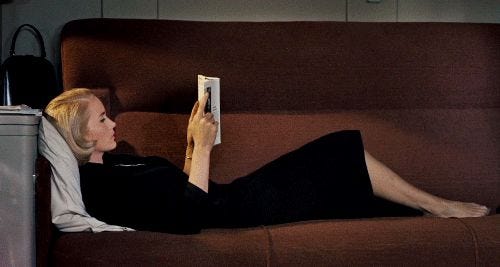


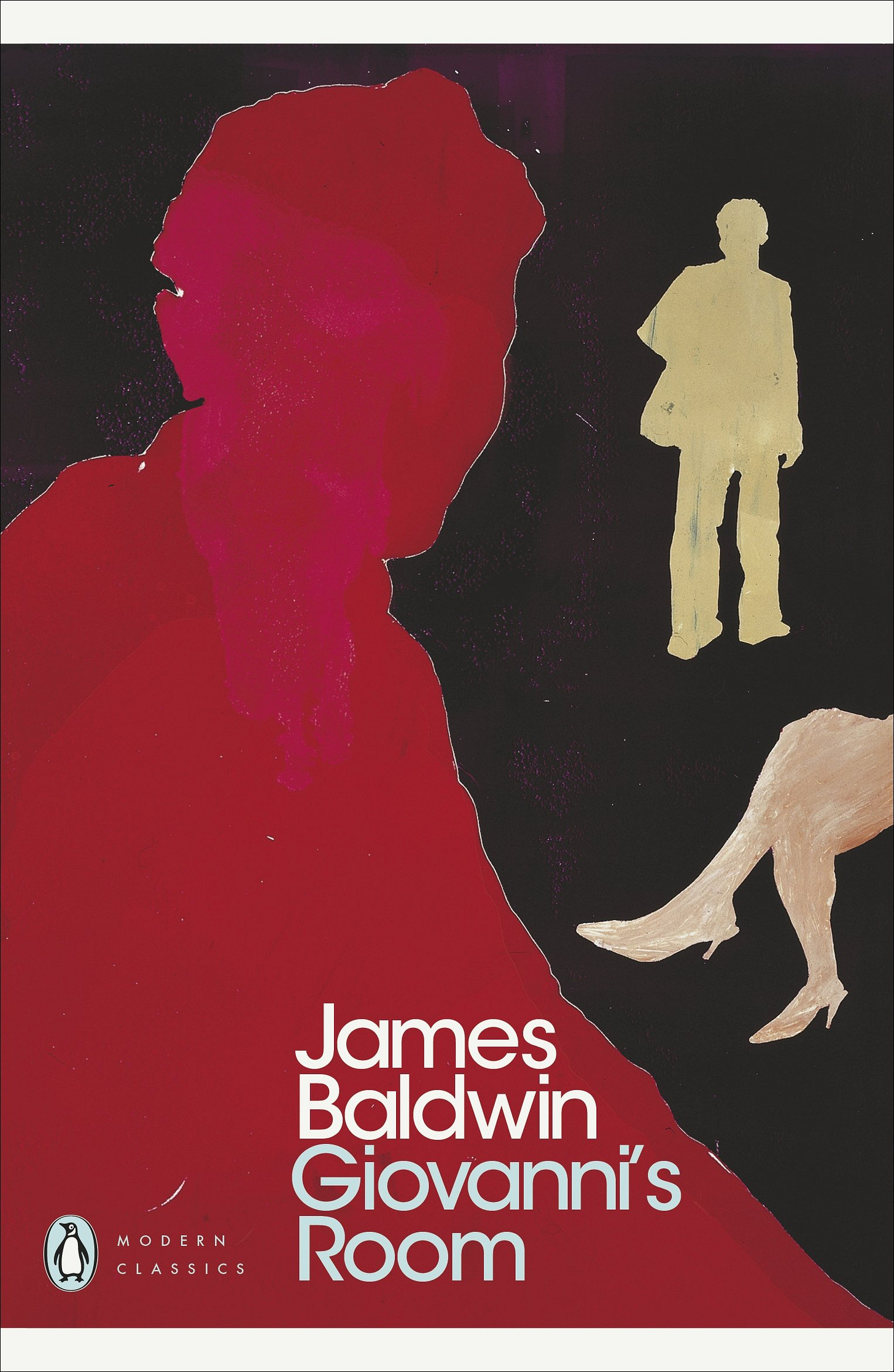
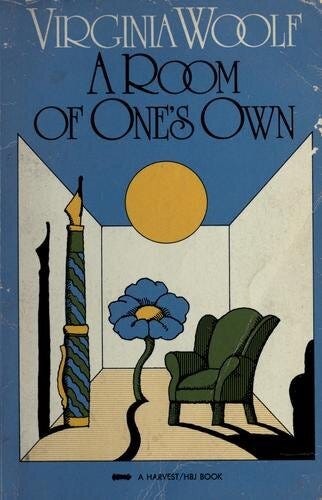
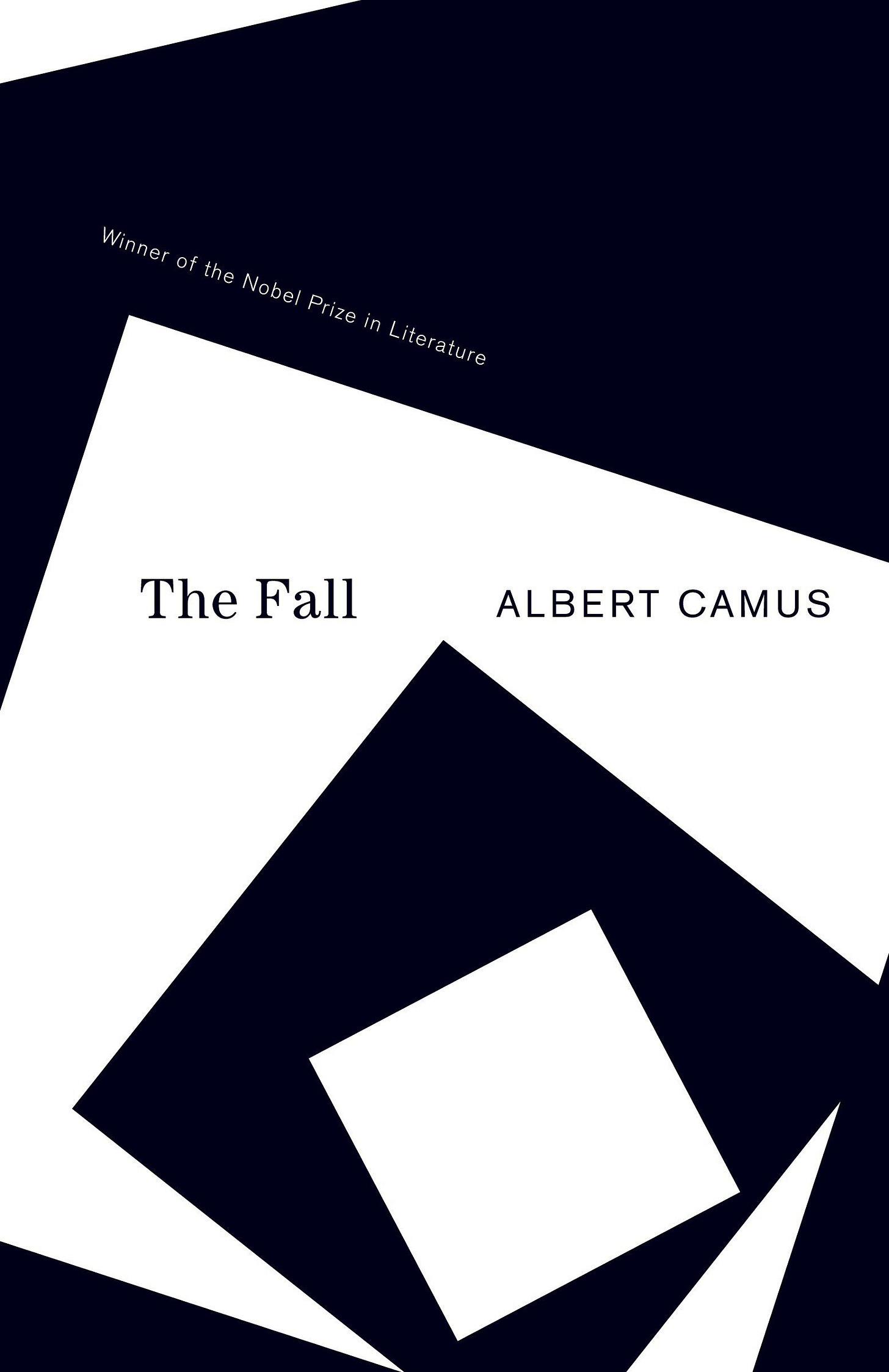
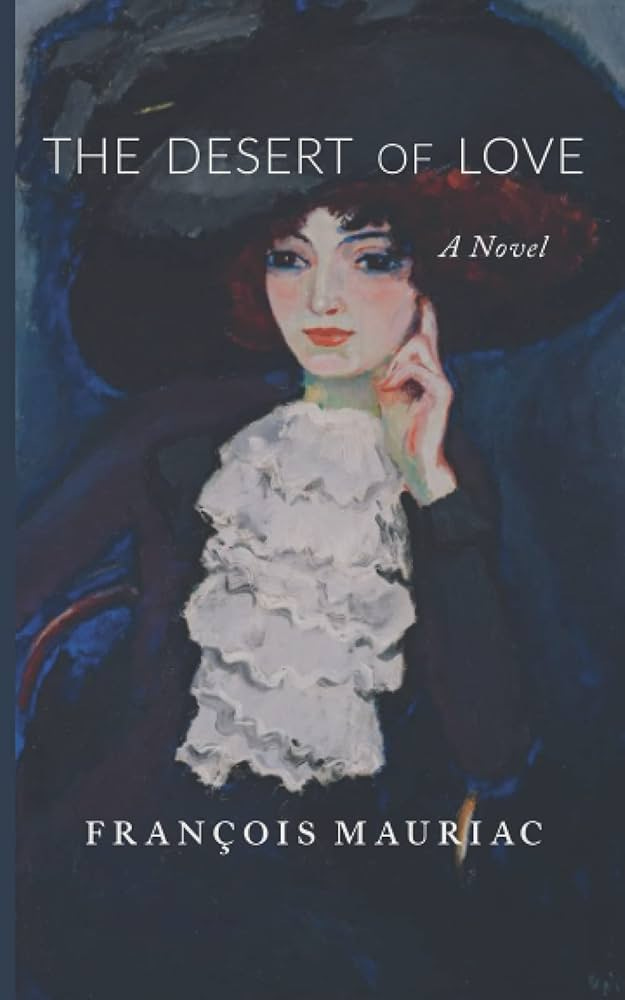
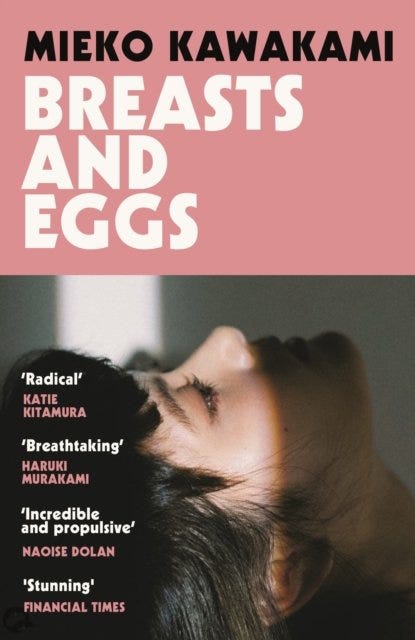
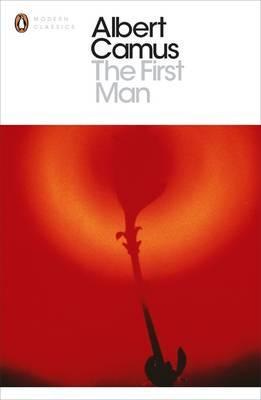
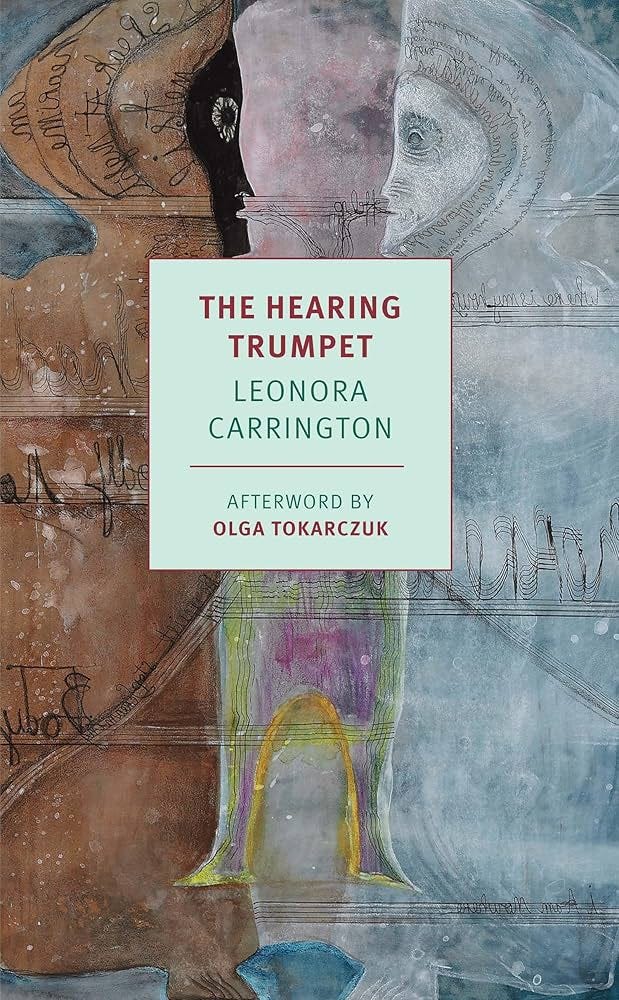


great recommendations! thx